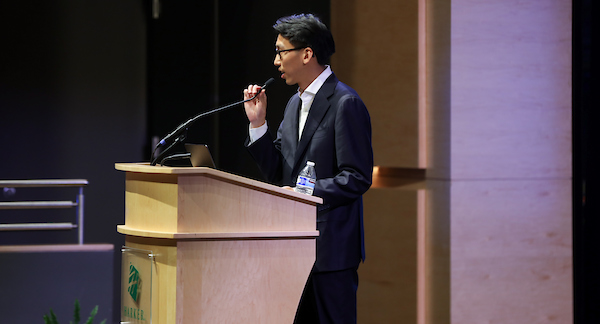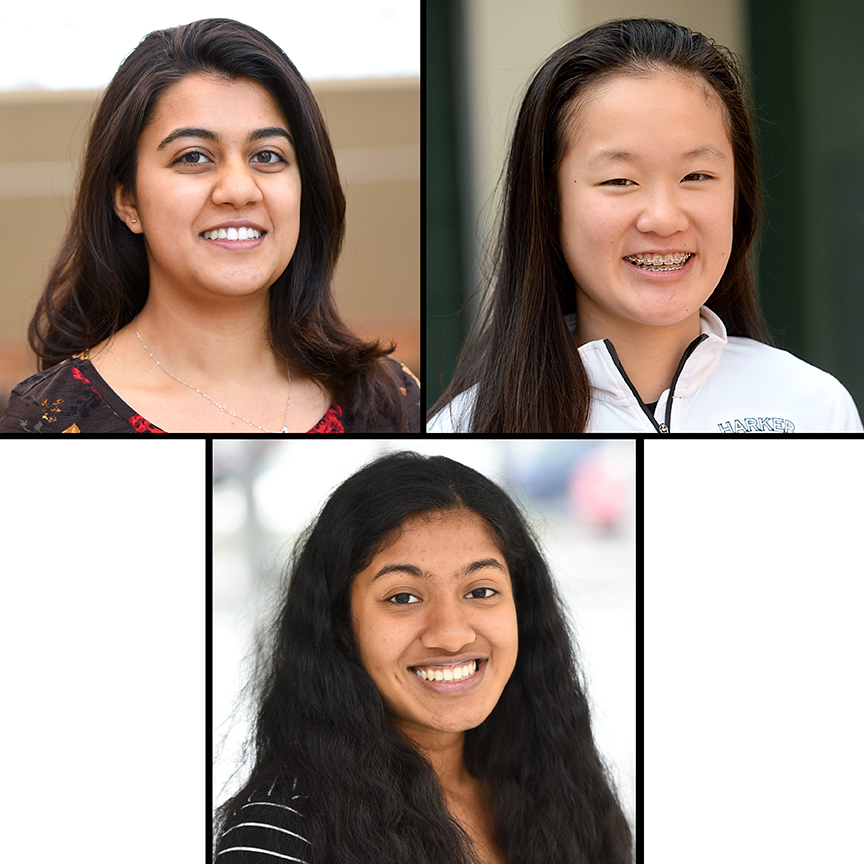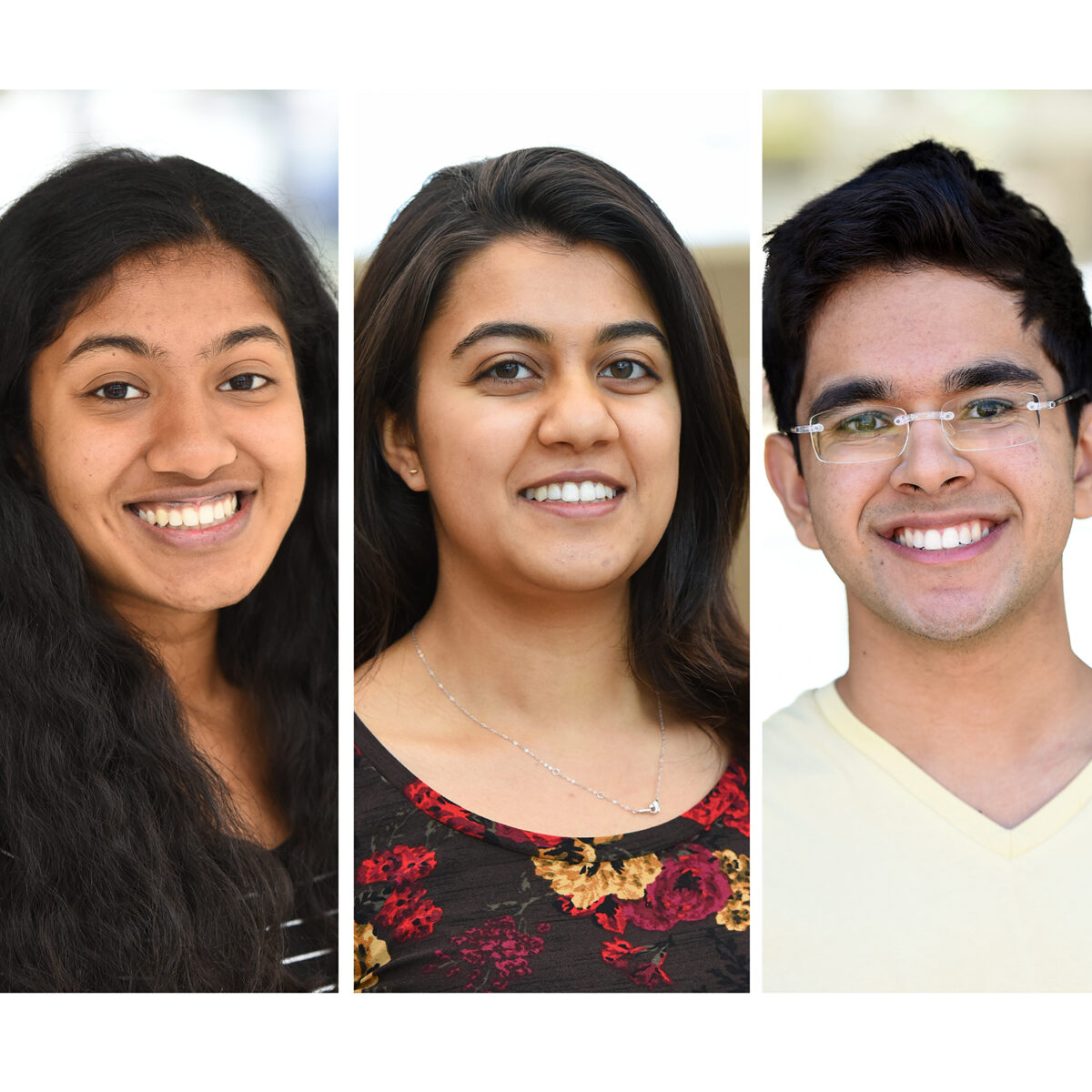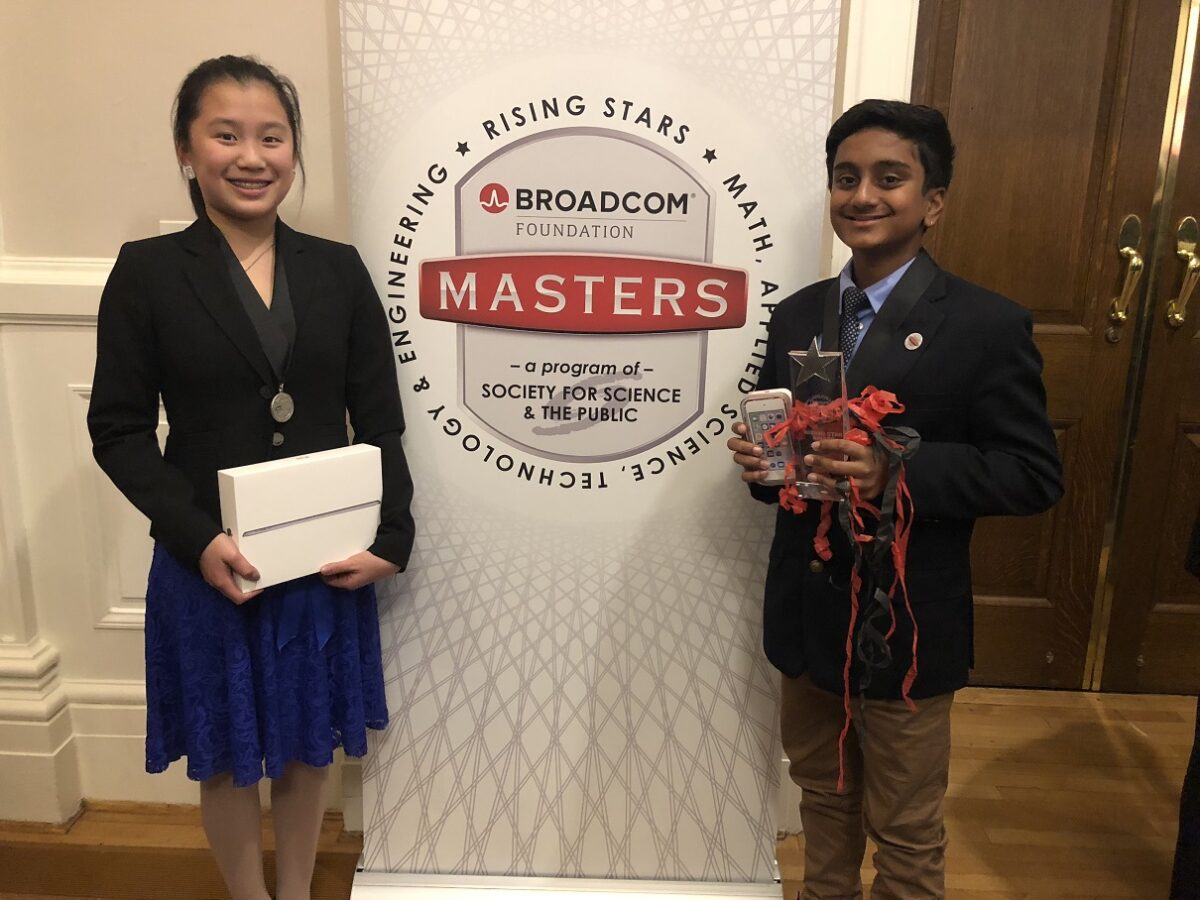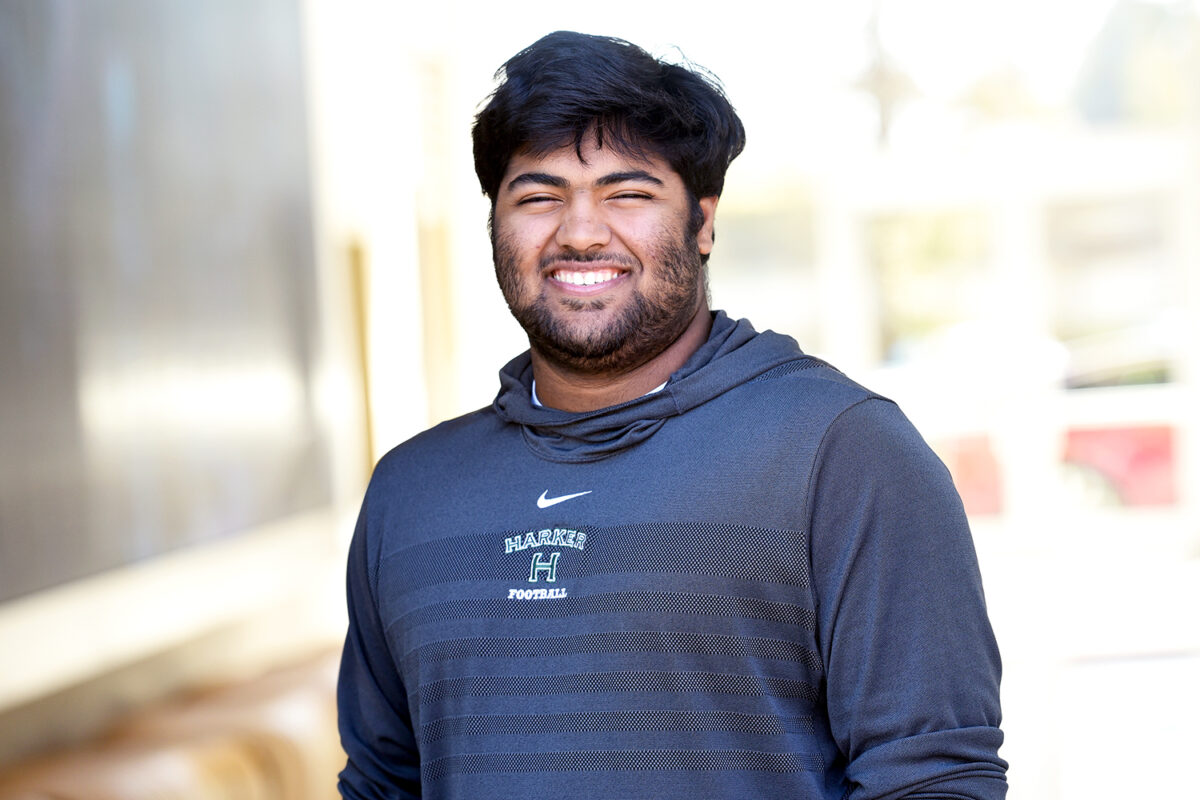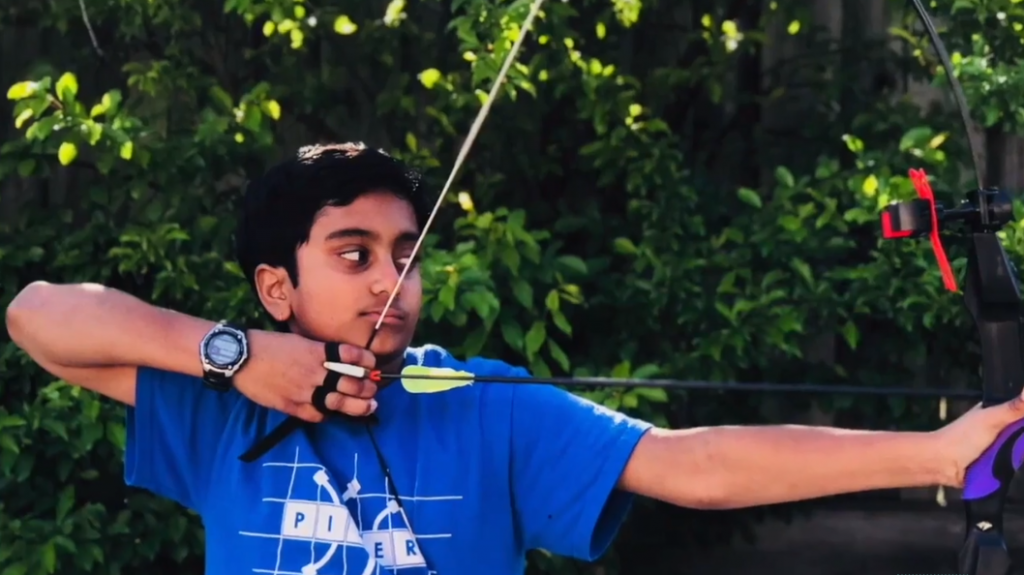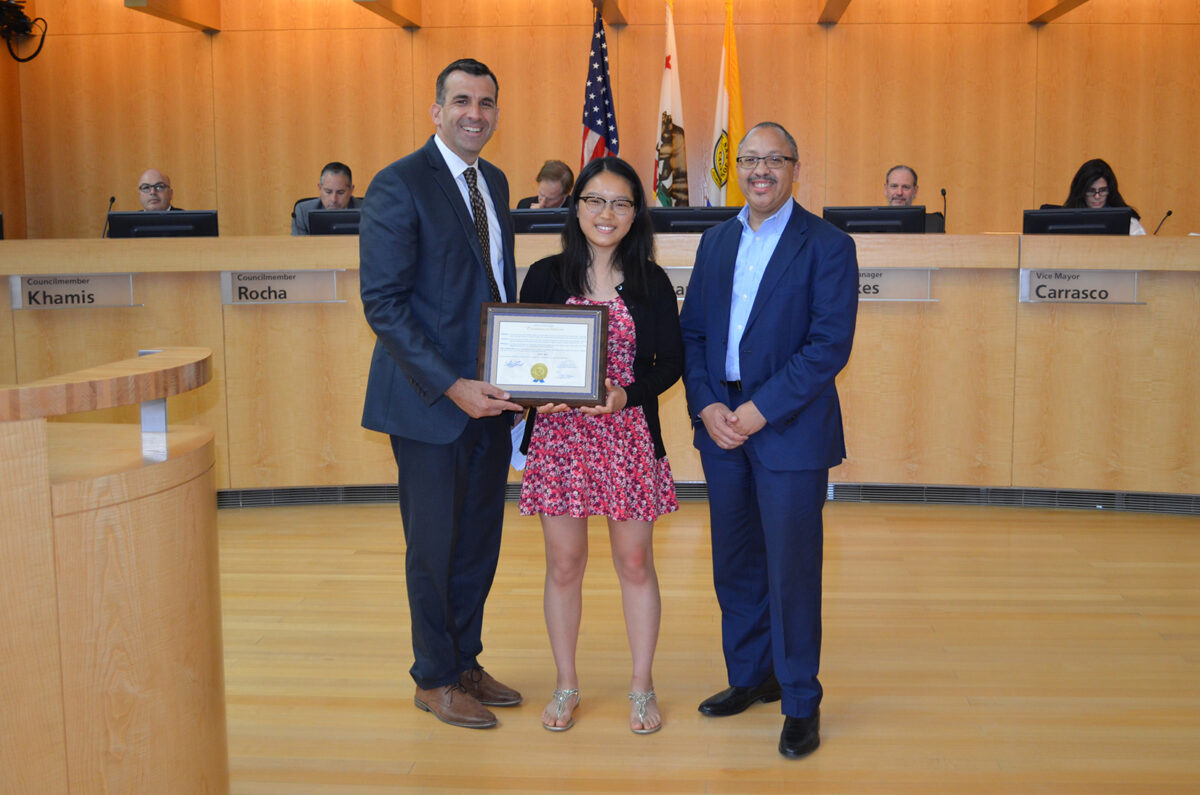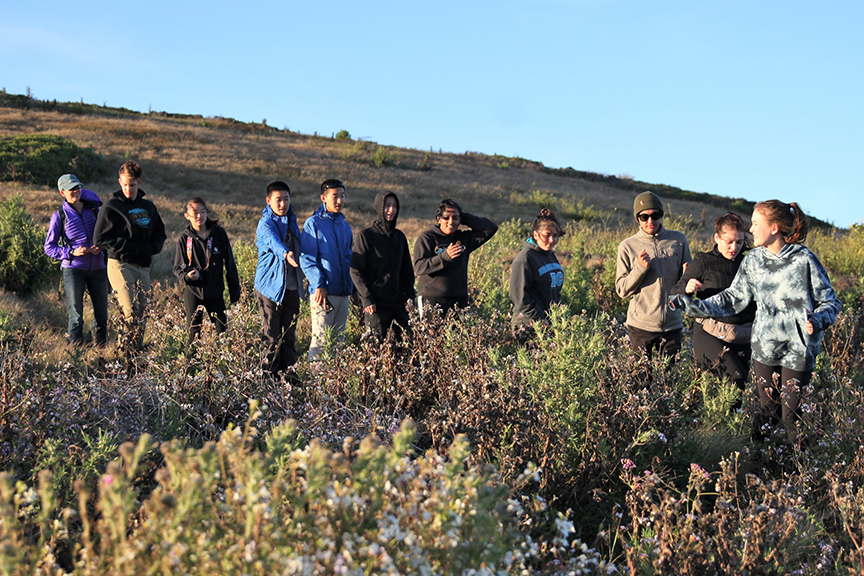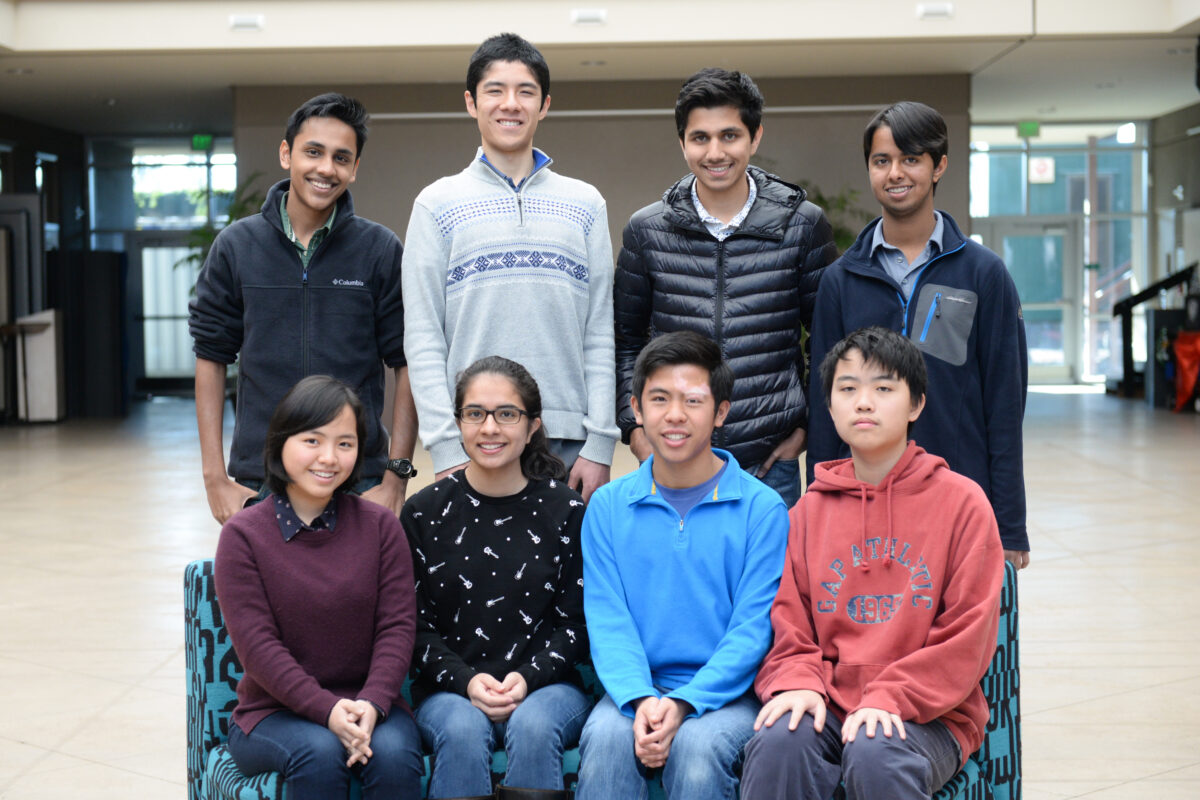More than 600 registrants flocked to the upper school campus on April 12 for the 19th annual Harker Research Symposium: “AI Trends: The Future is Now.”
topresearch
Three women earn awards from the Davidson Institute for science and technology projects
Three women from Harker were honored by the Davidson Institute in its annual awards. Natasha Maniar ’19 and Cynthia Chen, grade 12, were named 2019 Davidson Fellow Laureates, while Ruhi Sayana ’19 received an honorable mention.
[UPDATED] Three seniors named Regeneron Science Talent Search finalists
Seven Harker seniors – the most of any school in California – were named Top 300 Scholars in this year’s Regeneron Science Talent Search.
Two students win recognition and prizes in Broadcom MASTERS competition
Last month, Alice Feng, grade 9, and Sriram Bhimaraju, grade 7, were announced as winners in this year’s Broadcom MASTERS competition.
Senior accepted into New York Academy of Sciences Junior Academy
The New York Academy of Sciences accepted senior Ayush Vyas into the NYAS Junior Academy
MS student named finalist in Young Scientist Challenge
Sriram Bhimaraju, who will enter grade 7 in the fall, was today named a finalist in the Discovery Education 3M 2018 Young Scientist Challenge!…
Cutler-Bell recipient, now an alumna, receives commendation from City of San Jose
Amy Jin ’18 drew a fine accolade from the City of San Jose via Councilmember Chappie Jones, who, along with Mayor Sam Liccardo, presented…
In the News: January 2018
The News & Advance (Lynchburg, Va.) – Jan. 28, 2018: Harker’s Timothy Chang, grade 12, is featured in a photo for this article about…
Human Ecology class begins journey of the heart
Update: Aug. 25, 2017 Great article by participant Edwin Su, grade 11, on what he gleaned from this great program: http://inianislandsinstitute.org/2017/08/04/harker-school-to-inian-islands-institute/ Update July 13,…
[UPDATED] Three Harker students named STS finalists, most from any school in the country
Seniors Evani Radiya-Dixit, Arjun Subramaniam and Manan Shah were selected as three of the 40 national finalists in this year’s Regeneron Science Talent Search,…
